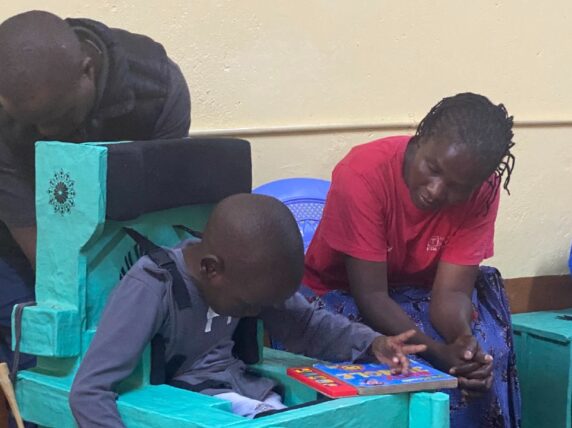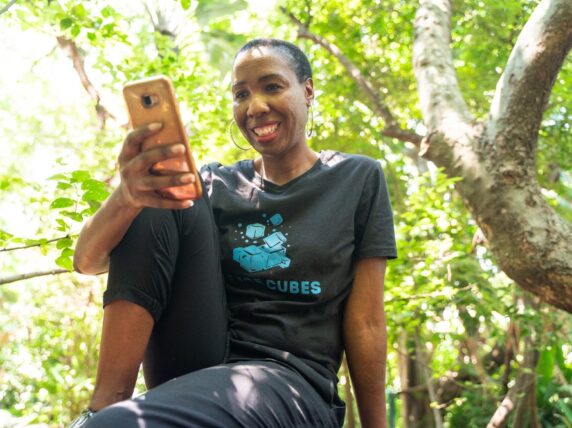Access to disability aid in low-income settings remains a critical challenge. MAITS are championing Appropriate Paper-Based Technology (APT)—a revolutionary, low-cost method of turning waste materials like cardboard into durable, customisable disability aid. Sadia Mirza tells us more.
Shaping the world of tomorrow depends on timely and transformative action through effective and equitable public and social policy. Found out more from the University of Bath.
In this review of Deborah Doane’s recent book, Mohammed Awal Alhassan and Marijke Priester put forward their thoughts on the concept of ‘INGO’, a concept that keeps bothering them. They argue that sticking to the ‘INGO’ terminology, renewed or not, doesn’t go along with a genuine renewal.
We are facing unprecedented challenges from climate change, rising conflicts, health crises that deepen inequalities that disproportionately impact the poorest populations. Addressing these crises requires a fundamental shift in how global development is approached.
 Briefing
Briefing
This document brings together two distinct contributions to discussions around justice-led approaches to international development: a ‘provocation’ commissioned by Bond and prepared by Priya Lukka, an economist specialising in repair-based approaches outcomes of the Bond workshop. It is a snapshot of an ongoing discussion and aims to present an initial surfacing of ideas, innovations and possibilities.
Women’s economic empowerment is essential for wider gender justice, and women entrepreneurs are key to a huge number of other development outcomes. The Cherie Blair Foundation for Women share their latest research on the subject, conducted with Intuit.
With Artificial Intelligence (AI) and rural health, there lies an unprecedented opportunity for the international development sector to break down the walls of disparity and deliver hope to communities long overlooked by modern medicine. Dr Nojus Saad tells us more.
As information and communications technology for development spending takes up an ever-increasing share of program expenditure, it is wise for practitioners to reflect on its usage and draw insights. IT experts Janani Sridharan and Jacklyne Kobek offer some considerations for new technology in programming.
Humanitarians are being constrained by geopolitical agendas of donor states and the growing assertion of national sovereignty. What, then, can we hope to achieve? The University of Bath have designed courses specifically designed to help navigate the tumultuous humanitarian landscape.









